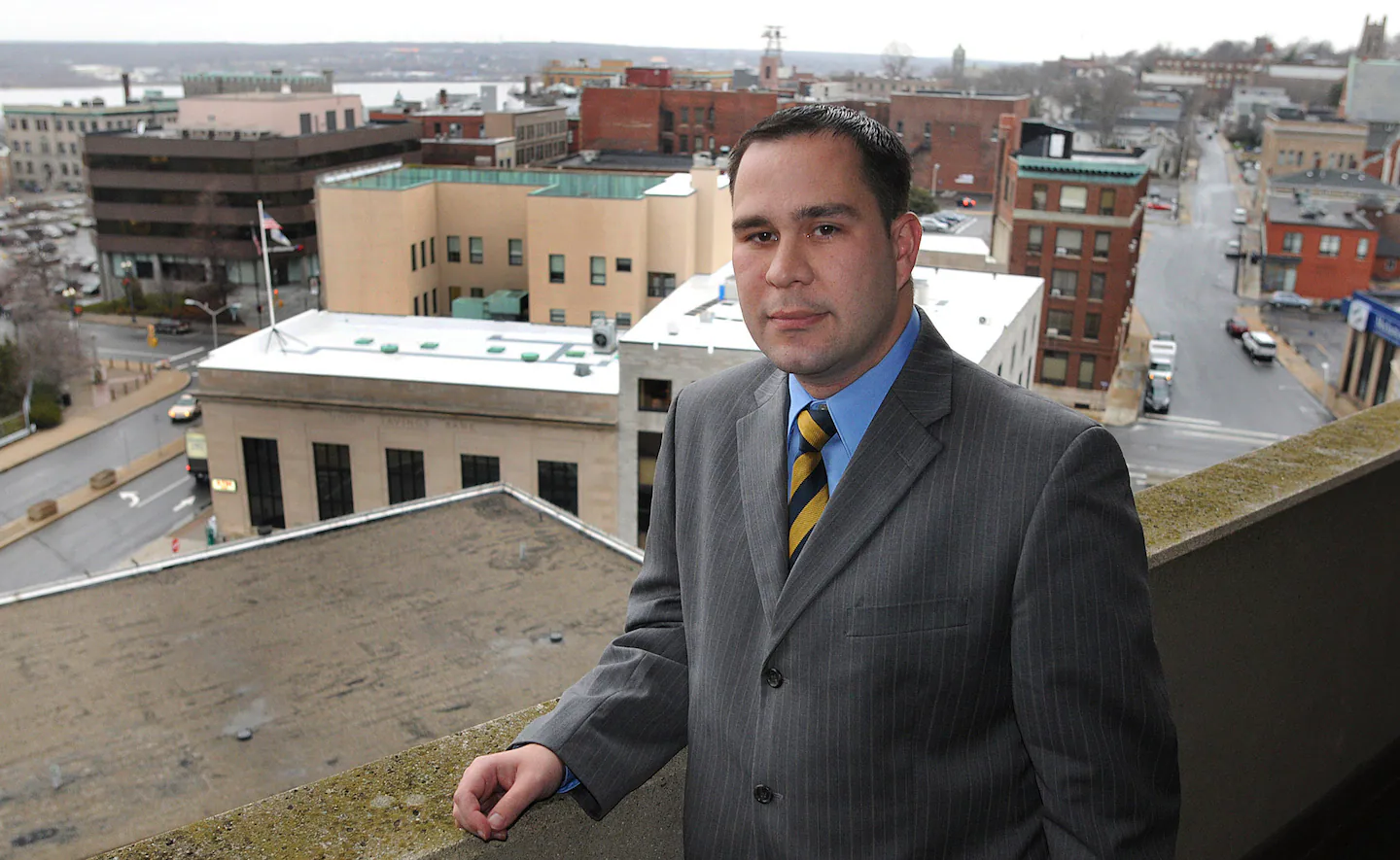Copyright thenassauguardian

When someone asks, what is your name — what do you say? Do you say, “My name is Miss Roberts” or “My name is Mr. Roberts?” Here is a surprise — Mr. Roberts is not your name, at least not your full name. That is your surname or your family name. Your first name is uniquely your identifying mark. Hence, when someone ask for your name, your response should be “Mr. Sam Roberts.” Your “name” is your full name, which includes both your first and last name. Your first name is the given name, while your last name (or surname) is the family name that is typically passed down through generations. In formal situations, your full name is used, but in casual conversation, people often use just your first name. Here is what Wikipedia states: “A given name is a person’s first name, while a surname is the family name, also called a last name. In Western cultures, the given name typically comes first, followed by the surname (e.g., John Smith). However, the order can vary in other cultures, such as in many East Asian countries where the surname comes before the given name (e.g., Chan Tai Man).” The given name also called the first name, and the second or middle name, makes a distinct and unique identifier of a person. What is my point? When a person calls me from a business to discuss something, I would ask the dangerously inquisitive question: “What is your name?” or say, “Please, may I have your name?” Most times the person’s response would be “My name is Miss Roberts.” Sometimes I quickly respond, “That is not your name, I want your name.” I have to actually ask what is your first name? I find it quite odd and insulting when a person never gives his or her first name when introducing himself or herself. Is it out of ignorance, shame, or wanting to be incognito? Or is it that some people think it is too personal to give the first name, and they want to keep it formal. It is my view that saying “I am Mr. Sam Roberts” is formal and respectful. It is my view that it is respectful, professional and courteous, to use one’s first and last name when presenting oneself. Have you even had to call back to a business and ask for “Mr. Roberts” when the person on the phone would respond “Which one of the Roberts?” Wouldn’t it have been courteous and professional to give one’s full name up front. Another problem, but totally different, is when people have difficulty saying names of other people. In the Acta Psychologica, a peer-reviewed, open access journal, it presents the 2024 scientific research titled “Why can’t I say people’s names?” It exposes a disorder with a new name. It is called alexinomia. “Psychological research has recently proposed alexinomia, characterized by an inhibited behavior in saying names, as a distinct psychosocial phenomenon. Alexinomia is associated with anxiety and avoidance behaviors in regard to saying names, and thus severely impacts everyday social interactions and relationships … Every day, we call people by their names, but for some, saying names can cause fear, anxiety, and stress, leading to a range of repercussions for social situations and personal relationships... In relationships, alexinomia can lead to misunderstandings and conflict, as it may be misinterpreted by others as a lack of caring, when conversely it infers the inverse.” Are we having both of these problems in our country? The first one being when people do not give their first or given names when introducing themselves, and the second being when some people cannot say the names of other people. I have observed both of them. However, the one that I know everyone can start doing is using our full names (first and last name) when introducing oneself. Encourage people to be proud of their names and understand that one’s personal identity is not in the last name alone, but in both names, especially the first name. If one prefers using only the first name when introducing oneself, that is fine. However, at some point one would realize that the last name is also needed for clear identification. Using the first and last name is respectful, warm and friendly and fosters developing interpersonal relationships in family or business settings. To deal with the serious problem of alexinomia one should consult a mental health professional who is trained in cognitive behavioral therapy. Barrington Brennen is a marriage and family therapist. Send your questions or comments to question@ soencouragment.org, telephone 327-1980 or visit www. soencouragement.org.



